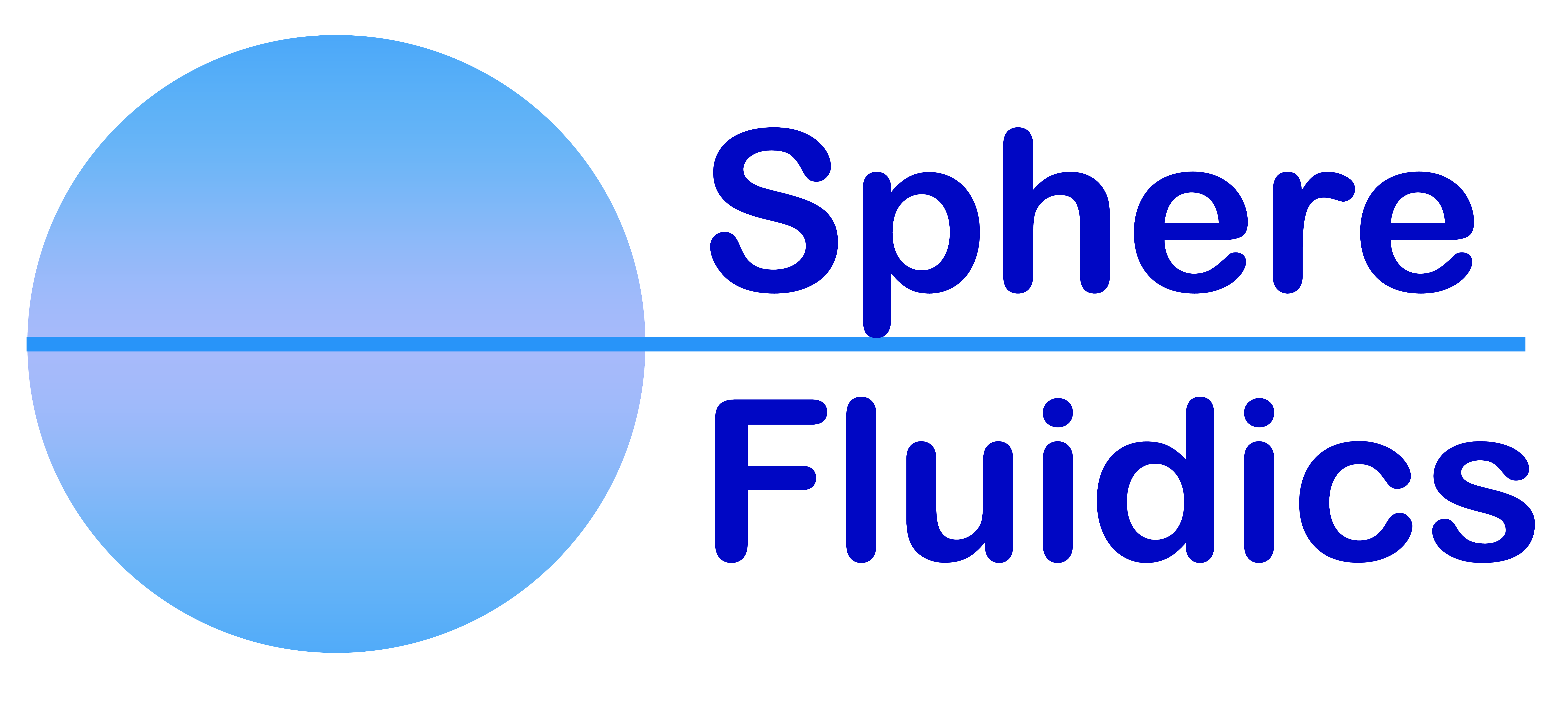Other Track AgendasAcademic Drug Discovery | Antibodies in Drug Discovery | Epigenetics in Drug Discovery | Stem Cells in Drug Discovery |

Monday, 6 March 201708:00 | Registration | |
Session 1 | | Session Chair: Eugene Zhukovsky, Chief Scientific Officer, Biomunex Pharmaceuticals, France |
| | 09:30 | Cross-Neutralising Single Domain Antibodies to Influenza – Preparing for the Next Pandemic
Simon Hufton, Section Head Molecular Immunology, National Institute for Biological Standard and Control (NIBSC), United Kingdom
Single domain antibodies (nanobodies) and their applications to influenza vaccine potency testing and immunotherapy will be discussed.
| 10:00 | Monoclonal Antibody Therapy for the Management of Severe Asthma
Suzanne Cohen, , MedImmune, United Kingdom
Severe asthma involves a number of variants with different underlying pathologies. Genome Wide Association Studies have consistently implicated IL-33 and its receptor ST2 in asthma. IL-33 itself has intriguing biochemistry that has implications for antibody discovery. | 10:30 | Coffee & Networking in Exhibition Hall | 11:00 | Antibody-Mediated Neonatal Protection Against Respiratory Syncytial Virus
Shamir Jacobino, Researcher, University Medical Center Utrecht, Netherlands
RSV is a leading cause of lower respiratory tract infections in young infants. We provide the first evidence that virus-specific antibodies in the lungs of neonates originating from amniotic fluid can protect in the critical first weeks of newborns. | 11:30 | Living Droplets – Microfluidic Antibody and Vaccine Discovery at Very High Throughput
Christoph Merten, Principal Investigator, European Molecular Biology Laboratory, Germany
This presentation will discuss droplet based microfluidics for the direct screening of millions of primary murine (from spleen and bone marrow) and human (from blood) plasma cells. It will also discuss assays for antibody binding, inhibition of enzymatic drug targets, effect on target cells. Compatability with difficult targets such as GPCRs and the screening of vaccine candidates.
| 12:00 |  Technology Spotlight: Technology Spotlight:
Novel Assay Formats using NanoLuc® Luciferase Technology for Homogeneous Immunoassay, Immunogenicity and Receptor-ligand Blockade
Craig Malcolm, Strategic Collaborations Manager, Promega UK Ltd
This talk will describe recently developed assays using NanoLuc® luciferase technology applied to PK/immunogenicity studies and a no-wash, homogeneous immunoassay format. In addition, data will be presented on cell-based BRET assays for quantifying antibody biologic mediated blocking of receptor-ligand interactions.
| 12:15 |  Technology Spotlight: Technology Spotlight:
Cyto-Mine® – An Enabling Platform for Biologic Drug Discovery and Development
Frank Gesellchen, Senior Scientist, Sphere Fluidics
Picodroplet technology can be used to find rare and valuable variants within heterogeneous cell populations. We are developing the Cyto-Mine® Single Cell Analysis and Monoclonality Assurance System which leverages this cutting-edge approach for the discovery of novel biotherapeutics.
| 12:20 | Lunch & Networking in Exhibition Hall | 13:00 | Poster Viewing Session | 13:15 |  Free Workshop Free Workshop
Obtaining Reliable Binding Kinetics for Biomolecular Interactions Workshop
Philip Buckle, Senior Scientist
| |
Session 2 | | Session Chair: Christoph Merten, Principal Investigator, European Molecular Biology Laboratory, Germany |
| | 14:15 | Enabling Cancer Immunotherapy, From Target to Phenotype
Andrew Green, Senior Drug Discovery Specialist, Discoverx, United Kingdom
This presentation will highligh innovative microtiter plate based assays to interrogate immune checkpoint receptors and introduce KILR™ | 14:45 | Cancelled due to ill Health - Identification of Novel Neo-Epitopes on Antibodies Generated through Chemical Degradation: Relevance for Potency and Immunogenicity
Christian Schoneich, Professor, University of Kansas, United States of America
This presentation will give an overview over novel degradation reactions and products of proteins with relevance for the generation of stable protein formulations and immunogenicity. | 15:15 | BiXAb(R) is a Versatile Modular Platform for the Development of Bispecific Antibodies
Eugene Zhukovsky, Chief Scientific Officer, Biomunex Pharmaceuticals, France
Plug-and Play BiXAb® platform enables generically applicable bispecific antibody design from any pair of monospecific mAbs. These bispecific antibodies possess excellent manufacturability, superior drug-like properties, and potent activity in vivo models. We will discuss a case study of the BiXAb® for the treatment of EGFR+/HER2+ solid tumors. | 15:45 | Coffee & Networking in Exhibition Hall | 16:15 | Efficient Mining of the Natural Antibody Repertoire – Next Generation Antibody Discovery
Daniel Lightwood, Director, UCB Pharma, United Kingdom
An overview of UCB’s unique antibody discovery platform and how we are integrating droplet microfluidics to increase efficiency. A case study will also be presented. | 16:45 | Discovering and Engineering Antibodies by High-throughput Repertoire Sequencing
Sai Reddy, Assistant Professor, ETH Zurich, Switzerland
The ability obtain a greater molecular understanding of antibody responses may enable new approaches in engineering and discovery of mAbs. Recent advances in high-throughput immunoglobulin (antibody) repertoire sequencing (Ig-seq) are enabling highly quantitative analysis of antibody responses. | 17:15 | High Precision Protein Folding and Aggregation Analytics by NanoDSF
Claire Hatty, Application Specialist, NanoTemper, United Kingdom
NanoDSF is an advanced Differential Scanning Fluorimetry (DSF) method for measuring ultra-high resolution protein stability using intrinsic tryptophan fluorescence, while simultaneously measuring aggregation in the sample. Applications include protein engineering, membrane protein research, antibody formulation development and quality control. | 17:45 | Drinks Reception in Exhibition Hall | 20:00 | Conference Dinner in Hinxton Hall | 22:00 | End of Day 1 |
Tuesday, 7 March 2017 |
Session 3 | | Session Chair: Dolores Cahill, Professor, University College Dublin, Ireland |
| | 09:00 | Pros and Cons of Nanobodies for Drug Discovery
Serge Muyldermans, Professor, Vrije Universiteit, Belgium
Nanobodies, the antigen binding fragments from heavy chain only antibodies of camelids offer a unique source of minimal-sized potent drugs with multiple beneficial properties and a myriad of possible applications. Llama and camels have unique antibodies comprising a homodimer of heavy chain polypeptides, whereby the antigen is recognized by virtue of one single domain.
| 09:30 | Antibody Engineering and Diagnostic Imaging at the Forefront of Targeted Therapies
Nick Devoogdt, Professor, Free University Brussels (VUB), Belgium
The application of nanobodies as tracers and therapeutic vehicles for nuclear medicine in a range of pathologies will be presented, including compound discovery, preclinical animal testing and clinical translation. | 10:00 |  | Keynote Presentation Targeting FcRn for therapy: from modulating IgG levels to tumor metabolism
Sally Ward, Professor, Texas A&M Health Science Center, United States of America
Through its recycling activity, FcRn controls the levels of IgG and albumin in the body. Recent studies involving the modulation of IgG levels for diagnosis and therapy, combined with the identification of FcRn as a metabolic regulator, will be presented. |
| 10:45 | Coffee & Networking in Exhibition Hall | 11:15 | Developing Human and Human-like Antibodies for Biodefense
Michael Hust, Professor, Technical University of Braunschweig, Germany
The development of protective antibodies against alphaviruses, Marburg virus and botulinum toxins will be presented. | 11:45 | Formulation Optimization of Biologics: Rapid Assessment of Long Term Stability
Ernesto Freire, Professor, Johns Hopkins University, United States of America
A novel formalism for predicting the long term stability of monoclonal antibodies is presented. The approach predicts the concentration of high molecular weight aggregates over one year and can be applied to the selection of the best formulation conditions. | 12:15 | Targeting Cancer with BiTE® Antibody Constructs
Roman Kischel, Principal Scientist, Amgen Research, Germany
The presentation will demonstrate the structure and mode of action of BiTE® antibody constructs.
Clinical and preclinical data for different BiTE® antibody constructs will be discussed. | 12:45 | Lunch & Networking in Exhibition Hall | 13:00 | Poster Viewing Session | |
Session 4 | | Session Chair: Nick Devoogdt, Professor, Free University Brussels (VUB), Belgium |
| | 14:15 | An Overview on the Characterisation of Antibody Specificities and Off Target Activities of Antibodies
Dolores Cahill, Professor, University College Dublin, Ireland
This presentation will give an overview of the methods used and importance of the characterisation of antibody specificities and off target activities of antibodies, with examples in the pre-clinical, clinic, diagnostic and pharmaceutical industry. | 14:45 | Selection of Bispecific Abs Based on Fc Silencing/ The Role of Avidity to Select Therapeutic Bispecific Abs: EGFR x cMet
Mark Chiu, Principal Research Scientist, Janssen R&D Llc, United States of America
We show how receptor density levels of EGFR and cMet in different lung cancer cell lines can contribute to apparent synergy in targeting both receptors. This impacts the use of an appropriate selection strategy of bispecific Abs. | 15:15 | Coffee & Networking in Exhibition Hall | 15:45 | Targeting the Outside from the Inside with Antibodies
André Frenzel, , Leibniz Universität Hannover, Germany
Accessing the inside of cells with antibodies or complex fusion proteins opens up an entire new target space for therapeutic interventions. We present our appraches to reach this goal. | 16:15 | Intracellular Antibody Immunity and the Cytosolic Fc Receptor TRIM21
Leo James, , MRC Laboratory of Molecular Biology, United Kingdom
In my talk I will summarize key aspects of TRIM21 biology, and recent data showing how dual sensing and effector functions are regulated, how TRIM21 integrates with other innate immune sensors and the neutralization of aggregates involved in neurodegenerative disease.
| 16:45 | Close of Conference |
|

 Add to Calendar ▼2017-03-06 00:00:002017-03-07 00:00:00Europe/LondonAntibodies in Drug DiscoverySELECTBIOenquiries@selectbiosciences.com
Add to Calendar ▼2017-03-06 00:00:002017-03-07 00:00:00Europe/LondonAntibodies in Drug DiscoverySELECTBIOenquiries@selectbiosciences.com